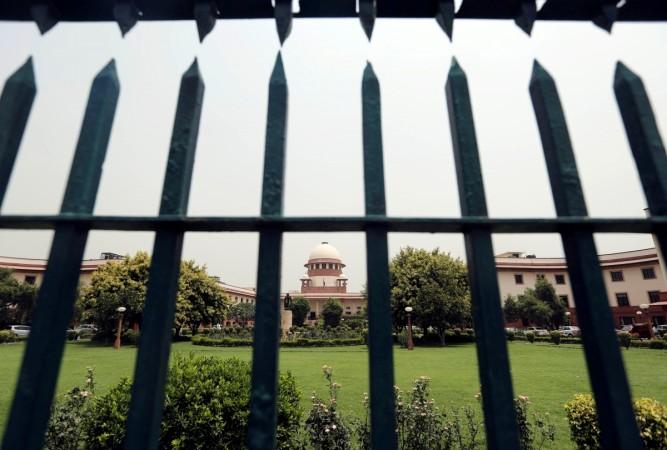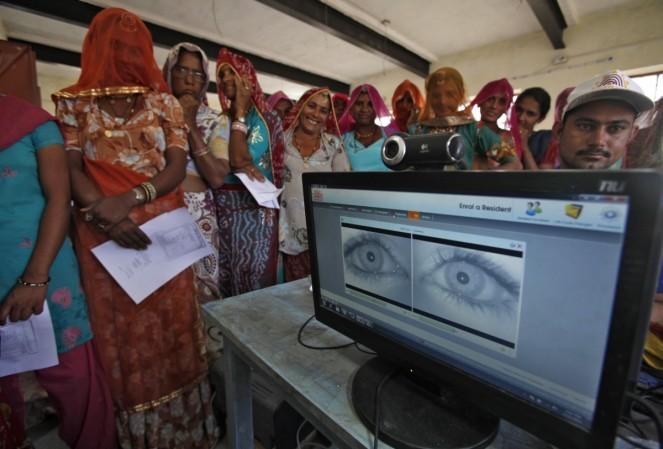
Do Indians enjoy the right to privacy? This answer to this frequently asked question depends on the decision of the nine-judge constitution bench of the Supreme Court — led by Chief Justice of India J S Khehar. The bench decided to address the critical issue on Wednesday before it starts hearing a case on Aadhaar, the unique identity (UID) that many liken to the Social Security Number of the United States.
Looming threat to privacy? Nine SC judges to decide when hearing Aadhaar case
While the Centre told the court that the right to privacy is not in the constitution and is not a part of the right to life, petitioners have also come up with several arguments.
The petitioners on Wednesday pointed out at a statement made by finance minister Arun Jaitley in parliament in relation to privacy while moving the Aadhaar Bill in March.
"The present bill presupposes and is based on a premise, and it's too late in the day to contest that privacy is not a fundamental right. Privacy is not an absolute right, which is subjected to a restriction established by law on a fair and just procedure," he had said in the Rajya Sabha.
Senior lawyer Gopal Subramanium who is representing the petitioners also said that rights to life and liberty are pre-existing natural rights. "Privacy is embedded in both liberty and dignity. It is not a twilight right but the heart and soul of the constitution," said Subramanium.
While petitioners rallied for their rights and said that iris scans and fingerprints taken by the state violate their privacy, CPM leader Sitaram Yechury also criticised the Centre's take on privacy.

"We have a government which believes in the right to privacy for top loan defaulters from being named, but not in Privacy for ordinary citizens," Yechury said on Twitter on Wednesday morning.
Right to Privacy will guard citizens from govt overreach; also from big corporates. Technological advances merit clear enunciation #Privacy
— Sitaram Yechury (@SitaramYechury) July 19, 2017
He also added that right to privacy of the ordinary Indian cannot be invaded by any government. As every Indian's dignity is important.








![BJP fields Tashi Gyalson for Ladakh; drops sitting MP [details]](https://data1.ibtimes.co.in/en/full/797185/bjp-fields-tashi-gyalson-ladakh-drops-sitting-mp-details.jpg?w=220&h=138)






![BJP fields Tashi Gyalson for Ladakh; drops sitting MP [details]](https://data1.ibtimes.co.in/en/full/797185/bjp-fields-tashi-gyalson-ladakh-drops-sitting-mp-details.jpg?w=220&h=135)